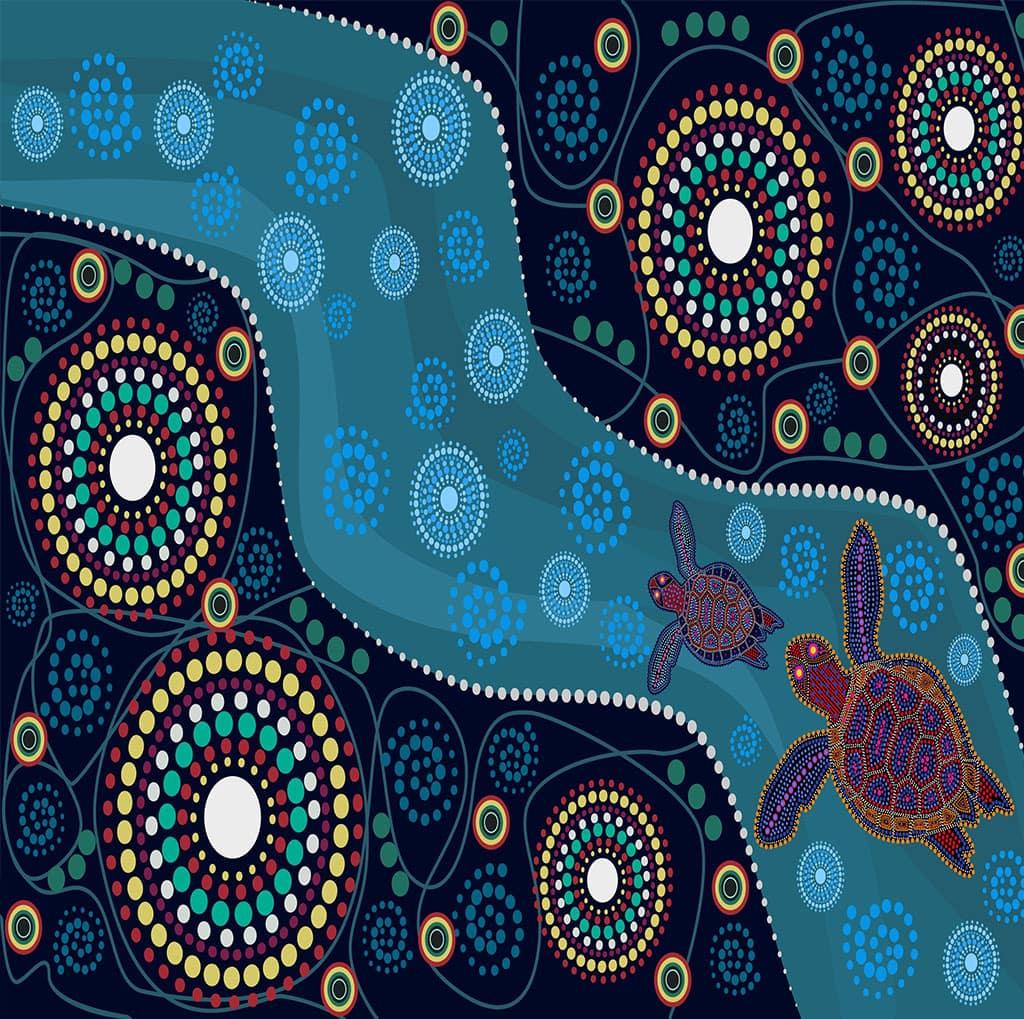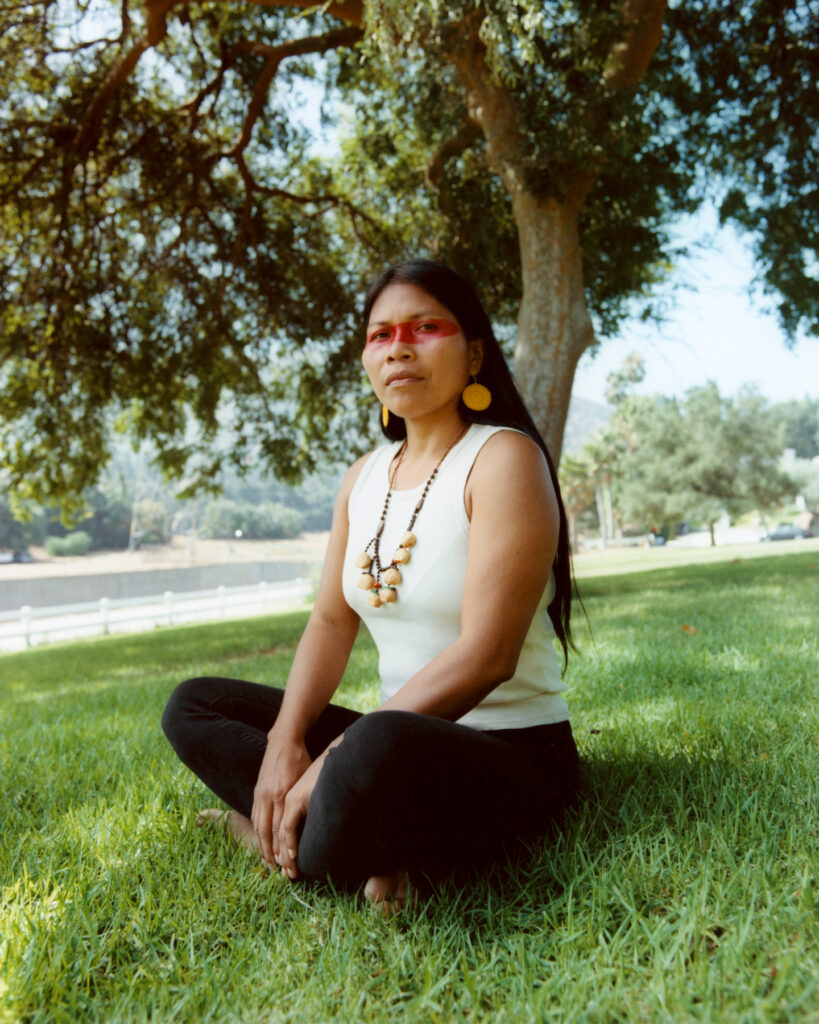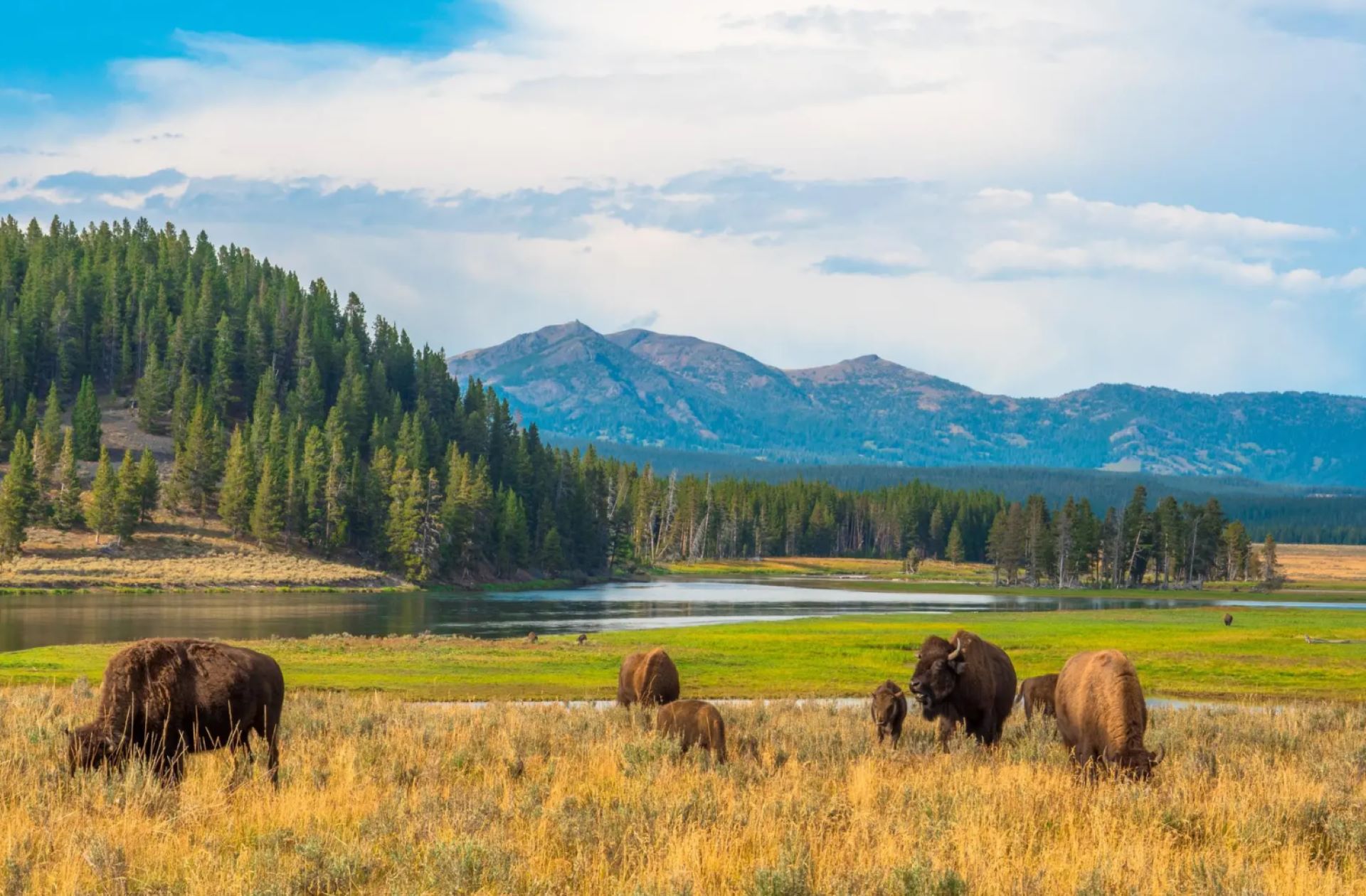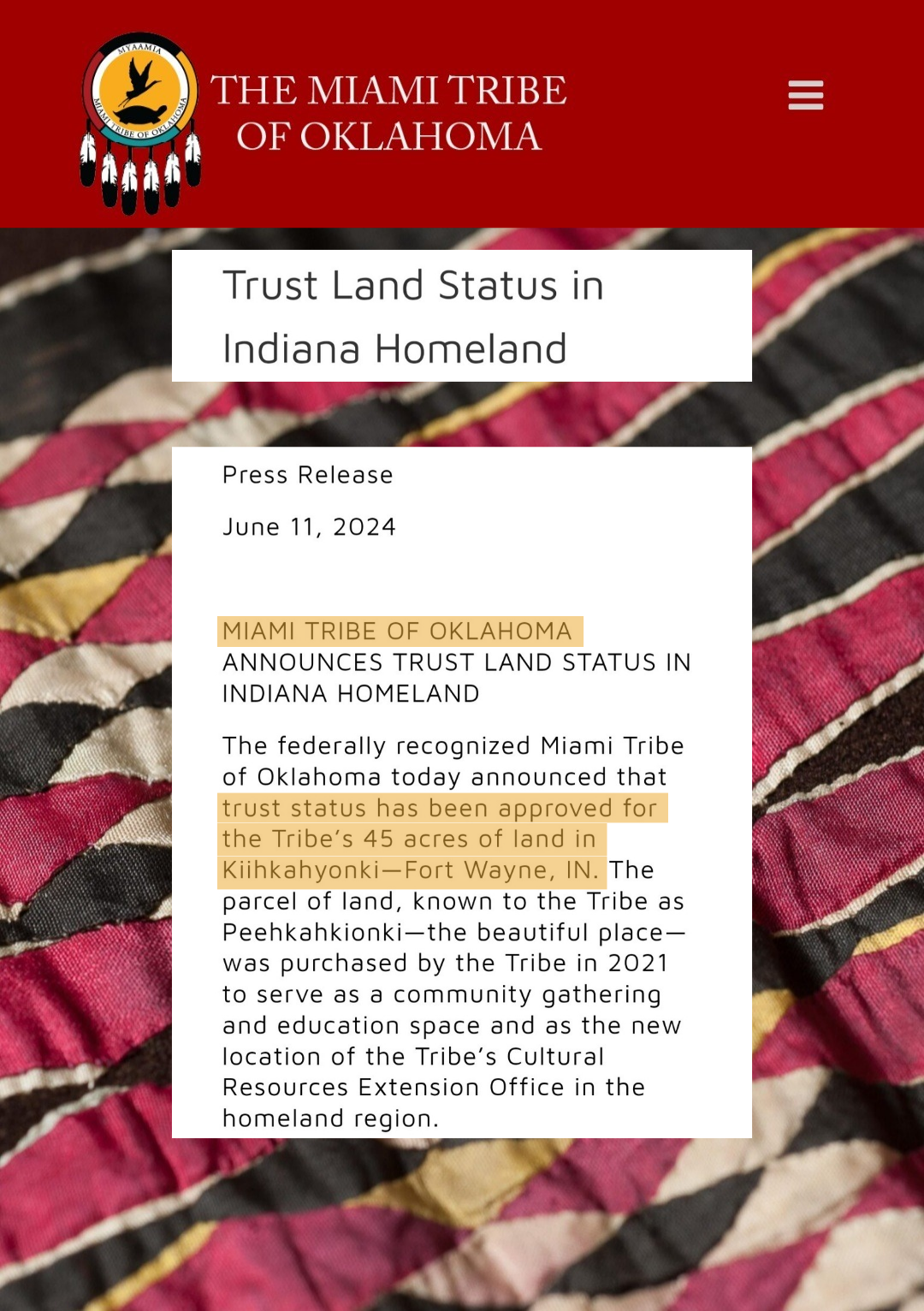#indigenous
#Indigenous Peoples in #Alberta say they should be co-managers of the province's #water
https://www.keepersofthewater.ca/news/july-11-2024-statement
https://mas.to/@NewAmauta/112660915583902674 NewAmauta@mas.to - The Miami Tribe of Oklahoma just took back 45 acres of its land! The land called Peehkahkionki hasn’t been controlled by the tribe since 1846. It was purchased in Fort Wayne, Indiana. in 2021 as a Cultural Resource Office for the Tribe. But it was only on June 11, 2024 that the land gained trust status, or tribal sovereignty. The Miami Tribe was removed from Indiana to Kansas in 1846 by US settlers and then to Oklahoma in the 1870s. #uspolitics #history
Follow for more #indigenous content 🪶
https://turtleisland.social/@Tzipporah/112645461983825649 Tzipporah@turtleisland.social - OUT NOW!!
❤️ 🧡 💛 💚 💙 💜
Pride Beaded Loop Earrings
Check them out:
(Don't see your pride flag? DM for customs)
#Cvkvlv #CvkvlvBeadwork #Mvskoke #Native #Indigenous #NativeAmerican #Beadwork #Jewelry #Earrings #Handmade #IndigenousCreatives #Queer #Pride #PrideMonth #PrideMonth2024 #Gay #Lesbian #Bisexual #Bi #Trans #Transgender #NonBinary #Genderfluid #Pansexual #Pan #2S #TwoSpirit
I'm so old that I remeber times when more people cared.
♲ Mark Cherrington - 2024-05-27 15:17:57 GMT
Alberta Income Support cuts off benefits to a young #Indigenous mother, as she has not provided all her bank statements.She can't get these bank statements, as she has no govt ID. She can't get ID as she has no money b/c of being cut off.
This Ministry is heartless and puts children at risk. This was the latest stab in this mom's back this morning by this govt, the UCP Caucus, and Minister Jason Nixon.
Please boost and change this government's policy of putting children at risk.
#Indigenous Teachings - What we learned from the #bears #Cree https://www.youtube.com/watch?v=0O18zglXmAg
♲ PhoenixSerenity - 2024-05-07 18:11:18 GMT
#Indigenous #Wisdoms for #SustainableFutures
Tues. May 14, 6:30pm - 8:30pm EST
Online streaming option available for ppl not in #Toronto.Explore the vital role of #IndigenousPerspectives in climate/environmental protection. RAVEN’s Leslie Anne St. Amour hosts a panel featuring environmental experts, artists, lawyers & Indigenous knowledge keepers.RAVEN provides discounted tickets for community members with financial barriers: Leslie Anne, leslieanne@raventrust.com

About Today’s Guest: Gregory Shushan, PhD, is a historian of religions, an award-winning author, and the leading authority on near-death experiences and the afterlife across cultures and throughout history. His books include The Next World: Extraordinary Experiences of the #Afterlife, Near-Death Experiences #NDE in #Indigenous Religions, and Near-Death Experience in #Ancient Civilizations (coming soon from Inner Traditions). His forthcoming titles include The Historical Anthology of Near-Death Experiences, and #Mind #Dust and White Crows: The Psychical #Research of William James (both as editor).
Dr. Shushan’s website: https://www.gregoryshushan.com #THC
https://www.thehighersidechats.com/dr-gregory-shushan-near-death-experience-in-indigenous-religion-afterlife-journeys-resurrection/









